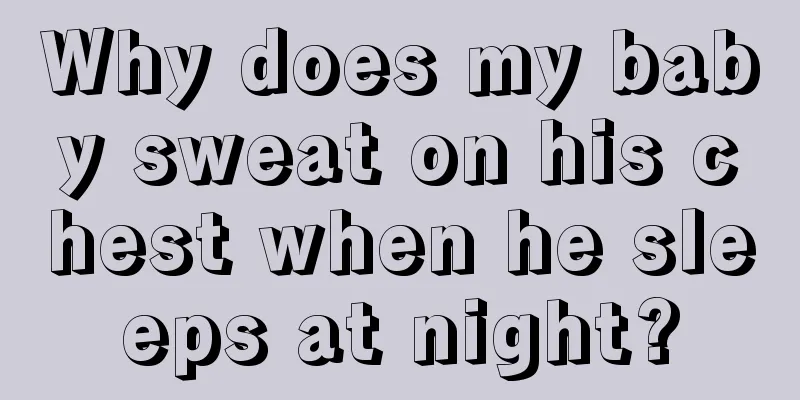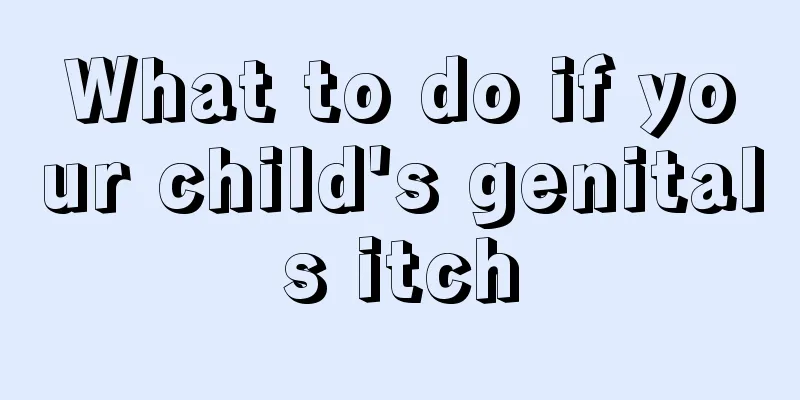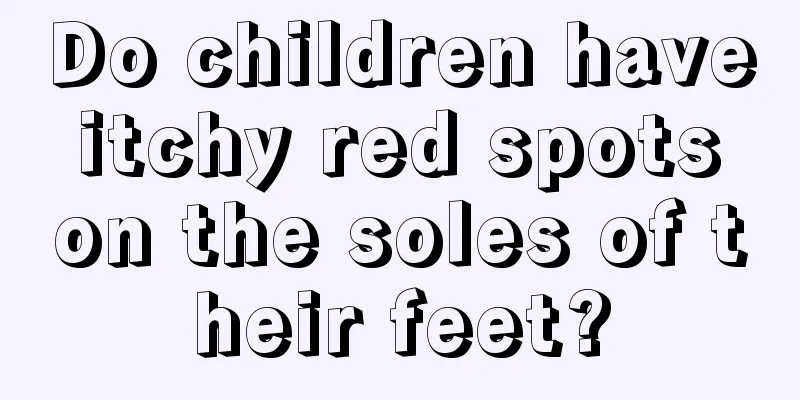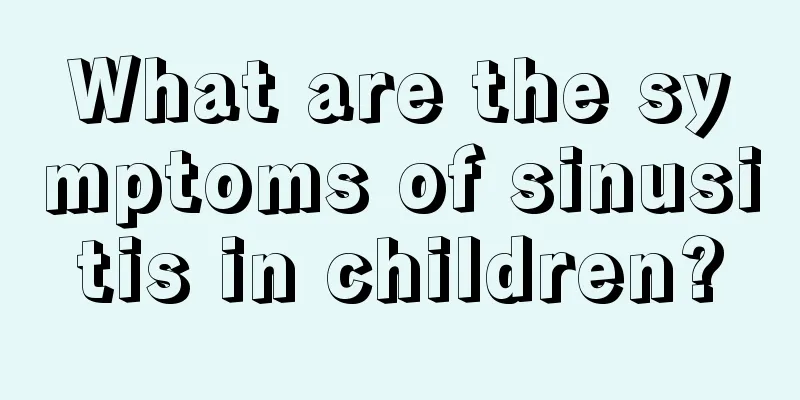Tonsillectomy in children
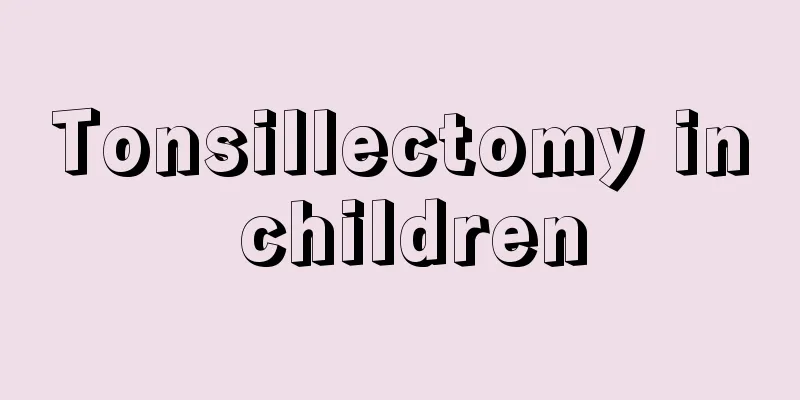
|
Tonsillectomy is the most common and effective method for treating tonsils. However, many medical studies in recent years have shown that tonsils play a very important role in immunity in children. Therefore, if children have tonsil-related diseases, it is recommended not to remove them unless it is necessary. However, for adults, there are not too many concerns about tonsillectomy, and as of now, it is suitable for a wide range of diseases, such as acute tonsillitis, acute rhinitis, and diseases of nearby parts caused by tonsils, etc. Tonsillectomy is a common and basic surgery in otolaryngology. It is required to completely remove the entire tonsil together with the capsule to treat recurrent chronic tonsillitis, which has a certain effect. However, tonsillectomy should still be treated with caution and seriousness, otherwise complications may occur, even leading to serious consequences. Indications 1. Tonsillectomy may be performed for diseases of the tonsils themselves, such as recurrent acute tonsillitis, peritonsillar abscess, or obstruction of the upper respiratory tract caused by hyperplasia and hypertrophy of the tonsils in young children, or even dyspnea and difficulty swallowing. Other conditions such as tonsillar keratosis and tonsillar tumors can also be treated with this surgical method. For patients with chronic pharyngitis, tonsillectomy does not improve their symptoms. 2. Tonsillectomy can be performed for diseases of adjacent organs caused by chronic tonsillitis, such as recurrent acute rhinitis, pharyngitis, otitis media, cervical lymphadenitis, etc. related to the tonsils. 3. Patients with chronic tonsillitis as the lesion that causes other organ diseases in the body, such as rheumatic fever, rheumatic heart disease, arthritis and nephritis, can consider tonsillectomy. Preoperative preparation 1. Understand the patient's medical history in detail, including any history of hemorrhagic diseases, infectious diseases, rheumatism, nephritis, etc., and perform a physical examination. 2. Routine blood tests and coagulation time tests should be performed. For patients with a history of rheumatic diseases, anti-O, erythrocyte sedimentation rate and mucin should be checked. For patients with a history of nephritis, urine routine should be checked in order to choose to perform surgery in a stable period. 3. Before surgery, you should pay attention to cleaning your mouth and rinse your mouth with 1:5000 furacilin solution or saline. 4. For those who have tonsils removed due to lesions, such as rheumatism, nephritis, etc., antibiotics should be used before surgery to prevent postoperative lesion activity. Generally, penicillin is injected 3 days before surgery. 5. Take 0.1g of phenobarbital 2 hours before surgery and inject 0.5mg of atropine subcutaneously half an hour before surgery to reduce excessive oral secretions during surgery. The dosage for children should be reduced according to age. 6. Preoperative education should be conducted to reduce the patient's unnecessary concerns and ensure the smooth progress of the operation. Contraindications 1. When acute tonsillitis occurs, surgery is generally not performed. Surgery can only be performed 3-4 weeks after the inflammation subsides. Because at this time the patient usually has a fever and congested tonsils, and the wound after surgery is prone to bleeding or secondary infection. 2. In cases of poliomyelitis and influenza, women should not undergo surgery during menstruation or before menstruation. 3. After tonsil surgery, the blood vessels in the tonsil fossa will contract on their own and the blood will coagulate to stop bleeding. Various reasons for decreased coagulation and vascular elasticity can cause postoperative bleeding. Therefore, patients with diseases of the hematopoietic and coagulation systems such as hemophilia, aplastic anemia, leukemia, purpura, etc. are not suitable for surgery. 4. Surgery is not recommended during the active phase of diseases such as blood diseases, hypertension, heart disease with insufficiency of compensation, hepatitis, active pulmonary tuberculosis, etc. Surgery at this time will aggravate the condition and even cause serious complications. 5. Surgery is not recommended when systemic symptoms such as rheumatic fever and nephritis are not under control. 6. Patients with family members who have a high incidence of immunoglobulin deficiency or autoimmune diseases. White blood cell count is less than 3000. |
<<: Which department should I go to for breast development in children?
>>: Breast development in third grade girls
Recommend
The child's body itches
The child's body is in the development stage,...
What are the symptoms of appendicitis in children?
Appendicitis is familiar to everyone, and its hig...
What should I do if my child has asthma?
Asthma is a very common respiratory disease. Many...
What should I do if my six-month-old baby has a cold or cough?
Cold and cough are very common diseases. Almost e...
What can children eat to improve their physical fitness?
Today’s living standards have improved, but many ...
What are some folk remedies for children with fever?
Many parents do not like to give their children m...
What to do if your child has yellow teeth
Teeth reflect a person's beauty. Some people ...
What are the reasons for nine-month-old babies to vomit?
Vomiting is a common symptom of pediatric disease...
What should a three-year-old learn?
Every baby is active, this is their nature. The I...
Spring calcium supplement recipes for children
Parents, please note that you must remember to su...
Tonsillitis in children
There are many types of common diseases. When tre...
How to do early intervention for premature babies
Early intervention for premature infants is very ...
Two and a half year old baby suddenly stutters
Stuttering is a common language disorder in young...
Blisters on the child's face
Newborns not only have weak physical resistance, ...
Why does my child's wrist hurt?
During the normal development process, children s...
